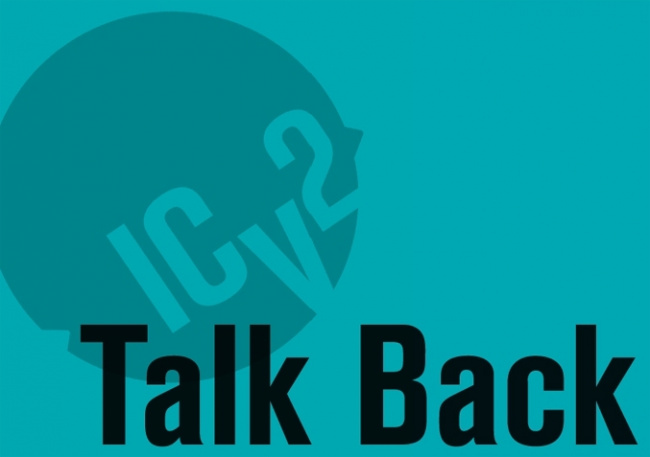In this Talk Back, Brian Hibbs, owner of Comix Experience in San Francisco, California, provides some thoughts on Milton Griepp’s recent column looking at the predictions of the Direct Market’s doom and what might be the root cause of the current problems (see “World According to Griepp: Can Comics Be Saved?“).
It’s an interesting read, but I think it misses a few key points.
First, on the creative end: “Even creators that have stayed in comics have migrated from the Big Two to publishers where they get more creative freedom and the chance to cash in at megabucks level if their property gets picked up for a TV series or a movie.”
This is partially true, but I actually think that far more creators believe that they need to *totally step outside* ANY kind of physical middleman system: to crowd-funding, to substack, etc. etc. It’s obvious why creators feel this call, but what I think happens is that once you try to bypass the market, you lose or minimize your ability to leverage the small army of comic stores and staff. Once you’ve decided to “publish first” in some other way in order to get the biggest drink of juice directly from your biggest fans, my experience says that all that is left over for stores is… well, leftovers. I could name any number of projects that seemed like viable commercial books over the last year or two that performed much worse than I thought they would… *because*, I believe, they had been on Substack or crowd-funded, or whatever. And, as with ALL creative fields, “you’re only as big as your last hit.”
Second: “I think Direct Market retailers can adapt to the market as it exists, retaining what’s working for them in the periodical business, while expanding their sales of manga, webtoon collections, kids graphic novels, and OGNs. They can continue to win customers based on their curation (although it may involve fewer superheroes), and on the authenticity that selling periodicals imparts to the store experience. They can build community around creators and shared tastes, and nurture a devoted customer base. And they can carry products from adjacent verticals to smooth their sales from comics (games, anyone?)”
Although I am now openly questioning is if ANYthing “is working” in the periodical business right now, let’s put that aside for a second and state that if you’re running a “typical” Direct Market comic book store, which is half or more Marvel & DC comics, it is neither TRIVIAL or SWIFT to entirely change the gravity and orientation of one’s business. Many product lines take highly specialized knowledge — not only of the product, but also of the local knowledge of customer desires. One can’t “just start carrying” manga or kids books or games without building up a clientele over many years, learning who the players are, what titles will sell for you and so on.
I run a comics-oriented bookstore, I’ve spent *decades* building knowledge, customers, community, and we’ve always embraced a style revolving around curation, not only from me, but my considerably more contemporary staff focused AWAY from corporate IPs — and I’m telling you it’s even a struggle for US these days as the periodical market gets largely strangled by its very (and varied) caretakers.
Anyway, give Milton a read.
The opinions expressed in this Talk Back are solely those of the writer, and do not necessarily reflect the views of the editorial staff of ICv2.com.
Got something to say? Send your Talk Back to Comments@icv2.com.
Source: ICv2


